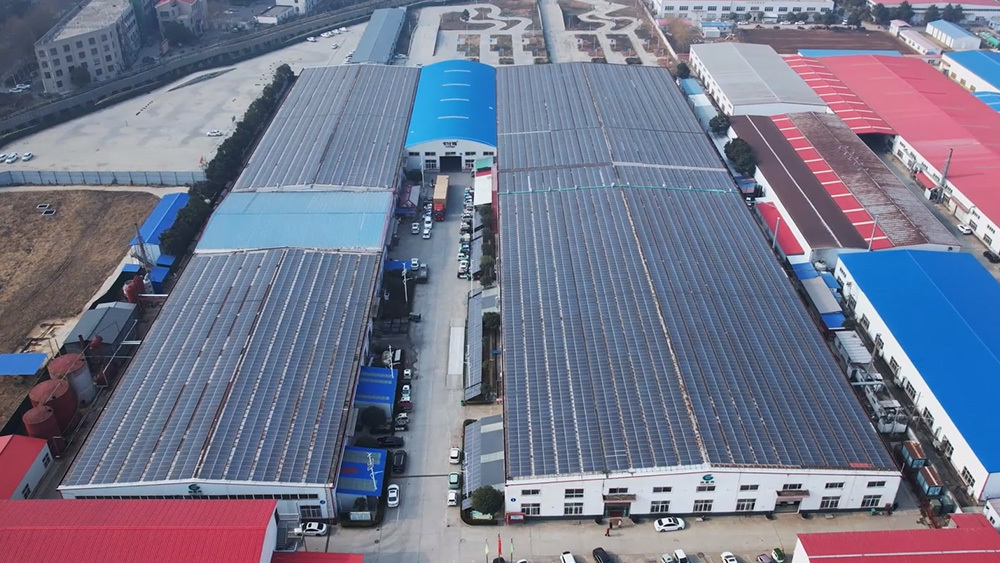Unraveling the Mechanics: The Number of Teeth of the Motorcycle SP
这里是标题一h1占位文字
Understanding Motorcycle Gearing
So, you wanna dive into the nitty-gritty of motorcycle mechanics? Well, buckle up! One of the most crucial aspects of any two-wheeled beast is its gearing system. It’s like the heartbeat of your ride, and at the center of it all is the number of teeth of the motorcycle SP. This little detail can make a world of difference in performance, speed, and fuel efficiency.
The Basics of Teeth Count
First things first, let’s break it down. Motorcycle gears are made up of several sprockets, and each sprocket has a certain number of teeth. The relationship between these teeth counts determines how power is transferred from the engine to the wheels. Think of it as a dance; the sprockets must move in sync to create that smooth, exhilarating ride.
Why It Matters
Now, why should you care about the number of teeth of the motorcycle SP? Well, if you’re into speed—or even if you just want to get from A to B without burning a hole in your wallet—this is your jam. A higher number of teeth on the rear sprocket means better acceleration but can sacrifice top speed. Conversely, a lower number of teeth can give you those high-speed thrills but at the cost of pulling away from a stoplight.
Calculating Performance
It’s all about that perfect balance! Here’s a quick formula for you gearheads: Gear Ratio = Number of Teeth on Rear Sprocket / Number of Teeth on Front Sprocket. This nifty little equation will help you figure out how your bike will perform under different conditions. Got it? Great!
Tuning for Your Needs
So, let’s say you’re not satisfied with your bike's current performance. Maybe it feels sluggish, or maybe it just doesn’t have that oomph you’re looking for. The solution could lie in adjusting the number of teeth of the motorcycle SP. Swapping out sprockets is a relatively straightforward process, and it can yield significant results.
A Word of Caution
But, hold your horses! Before you rush off to make changes, consider the whole picture. Adjusting your sprockets can affect other areas, like chain length and tension. Plus, it might throw off your speedometer readings. Always consult your manual or a pro before making any changes. You wouldn’t want to shoot yourself in the foot, right?
Real-World Examples
Take, for instance, a sportbike rider who frequently races. They might prefer higher teeth counts for quicker acceleration when coming out of a corner. On the flip side, a touring rider, who’s all about long stretches of highway, may opt for lower teeth counts for smoother cruising. It’s all about what gets your motor running!
Conclusion: Get Your Gear Right
At the end of the day, understanding the number of teeth of the motorcycle SP is crucial for any rider looking to enhance their biking experience. Whether you’re a thrill-seeker or a leisurely cruiser, knowing your sprockets can give you the edge you need. So next time you hop on your bike, remember: it’s not just about the ride—it’s about how you gear up for it!
Recommended News
Rev Up Your Ride: Essential Tips on Motorcycle Sprockets
Dive into the world of motorcycle sprockets with our essential tips for optimal performance and maintenance!
Unlocking the Gears: The Intriguing World of Motorcycle Sprockets
Discover how motorcycle sprockets work and their pivotal role in your ride's performance.
Unlocking the Power: Applications of Motorcycle Sprockets
Explore the fascinating world of motorcycle sprockets and their vital applications in biking.



